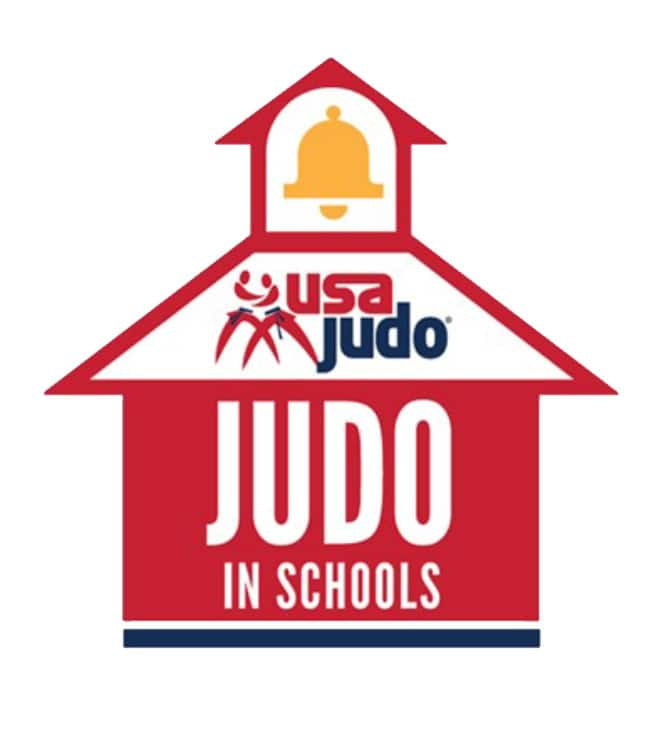
What Is Judo? #
The word judo consists of two Japanese characters, “Ju”, which means “gentle” and “Do”, which means “the way”. Judo, therefore, literally means “the way of gentleness”. Judo was conceived by Japanese educator, Jigoro Kano in 1882.
The SPORT of Judo is Simple and Basic #
- Judo does not involve kicking, punching, or striking techniques of any kind.
- Judo involves no individual equipment or weapons of any sort.
Rigorous and Physical Activity #
Judo is a rigorous and demanding physical activity. The practice of judo techniques helps people develop basic and fundamental physical fitness in a number of ways, such as the development of strength, flexibility, agility, speed, dynamic and static balance, explosive power, and endurance. The practice of active attack and defense helps develop reaction time, coordination, and overall physical self-confidence.
Much More to Learn #
But beyond the development of physical prowess and athletic ability, judo students learn much more. They learn how to control their feelings, emotions, and impulses. They learn about values of perseverance, respect, loyalty, and discipline. Judo students develop an outstanding work ethic, as well as important social manners and etiquette. They learn to overcome their fears, and to show courage under pressure. Through the rigors of daily practice, they learn about justice and fairness. Through their experience, they learn about politeness, modesty, and many other wonderful values that contribute to their development as successful citizens of society. As such, judo facilitates the development of important moral knowledge and values, those that are important to help people to become active and contributing members of their communities, nations, and the world.
Judo: a System of Physical, Intellectual, and Moral Education #
Judo is much more than the mere learning and application of techniques, however. In its totality, it is a system of physical, intellectual, and moral education. Judo has its own culture, systems, heritage, customs, and traditions. Moreover, the principles of gentleness are carried from the practice mats and into most students' lives, in their interactions with their friends, family, work colleagues, and even strangers. Judo gives its students a code of ethics, a way of living, and a way of being. It is a part of the physical education systems of many countries.
A Role to Play in Society #
Judo students also learn valuable social skills, and build long-lasting and meaningful relationships with others. The camaraderie and bonding that occurs among partners who have shared the rigors of physically difficult and mentally demanding training are deep, often providing the basis for relationships that last a lifetime. Through judo, people are able to develop friendships and integrate socially almost anywhere.
WHY JUDO? #
- Belts and Ranking:
Belts are a great way to help children track their progress and motivate them to strive higher. Belts and ranking may help build the child’s confidence and their desire to succeed. In many cases the first belt
promotion can be attained in few weeks and when children obtain that first belt, it shows them that with the right motivation, they can succeed. - Self-Confidence:
As children become more skillful their confidence gets increased significantly. They become more self- assured and confident. - Exercise:
Class will often be comprised of warm-up calisthenics, teaching and practicing of moves. The warm up and practice include the bulk of the time, and for that time your child will be constantly on the go. The workout each child gets will not only assist in the natural development of his/her muscles, but also help them build stronger Cardio-Vascular systems. - Emphasis on Individual Achievement within a positive peer group setting:
In Judo, each child’s success is based on his or her own individual qualities. Knowing that their own ambition and hard work will drive them to succeed, they will be motivated to follow their dreams. Also, judo is one of the few sports that individuals can only improve through the positive interaction and training with others. - Discipline:
There is constant repetition in drills and practices with emphasis on details and rhythm. Moves are practiced and repeatedly. This instruction instills the benefits of frequent practice, and the patience in self- development to achieve a goal. Through this process, children are taught to respect one another, their opponents and colleagues, and how to play games fair and square. - Gender Equity:
Many parents consider martial arts for their sons, not nearly as many would consider it for their daughters. However, judo is one of the few sports where both boys and girls can play together. In fact, female judo players in the United States tend to have greater competitive success internationally than their male counterparts. - Respect for Strength:
A question parents often have when they send their kids to judo class is: “Is my child going to use this to hurt others?” Although this is a legitimate concern, it is always addressed early by instructors who remind students that the techniques they learn in the dojo stay in the dojo and should not be used to intimidate people. As children learn the ropes, they will learn to respect their newfound strength and techniques.
FUN FACTS #
- Judo is the safest contact sport for children under the age of 13 (The American College of Sports Medicine)
- Judo is the most widely practiced combat sport in the world
- Judo is the second most popular sport of any sport in the world
FAMOUS JUDOKAS #
President Theodore Roosevelt
Senator Ben Nighthorse Campbell (U.S. Olympian)
Russian President Vladimir Putin
Former Canadian Prime Minister Pierre Trudeau
Prince Albert II of Monaco
Actor James Cagney
Actor Keanu Reeves
Actor Bo Svenson
Actor Naomi Watts
Actor Peter Sellers
Actor Chuck Norris
Actor Hillary Wolf
MMA Star & Actor Ronda Rousey
Musician Simon Le Bon (Duran Duran)
Musician Mick Jagger
Producer Guy Ritchie
